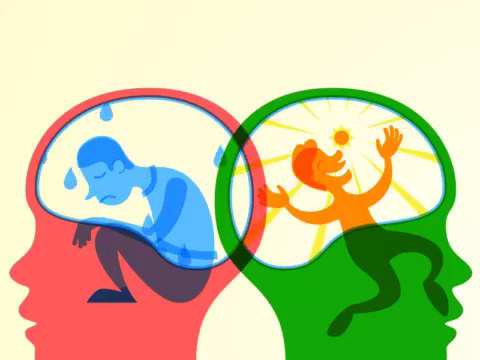Carrie Fisher's death is an important lesson, as we can learn a lot about addiction from it.

Addiction leads to long term brain changes
Drugs and alcohol lead to many changes in the user's brain, but the most important one is that it tricks the user to believe they need more of the substance to feel good. For example, when you become addicted to opiates, your brain changes so the opiate becomes even more appealing. Doctors still have to find out if these changes in the brain are reversible of not and if they can be reverse, what is the time frame for the process.
Society and psychological reasons have a lot to do with addiction

People who use drugs often have strong feelings about them, mostly from the time when a small dose of the substance made them happy. This is the psychological component of the addiction, which makes the person continue to use the substance.
There is also a social component to addiction: if you hang out with addicts, you will eventually feel the need to experiment and take drugs. In Fisher's case, the social component was probably very strong, as Hollywood is known for the negative environments it nurtures.
Sobriety doesn't mean the person is clear
After the recovery process, the brain continues to “ask” for the drug, so the former addict is prone to a relapse. Even after years of staying sober, the former addict can give up in front of the desires and start using the drugs again. When this happens, it's highly important for the the addict to seek professional help and get back to sobriety.
Mental illness can make things worse

A mental illness comes with a set of challenges of its own, so when you add drugs into the mix, you end up with more challenges. Even when the mental illness is being treated, the patient might need to do something and for some of them, that “something” is taking up drugs or alcohol. As one can imagine, mixing your pills with drugs or alcohol leads to a new set of symptoms, but when the patient takes the first doses, he or she will feel better, their pains being numbed.
Addiction doesn't mean you are weak

When someone becomes addicted to a drug he or she is not weak, but is simply dealing with a temptation. While most people are tempted to eat one more cookie, there are also people tempted to take heroin or drink one more glass of wine.
Addiction gets worse with age
The negative effects of addiction are just as bad, regardless if you are 18 or 80. But, as you get older, the physiological changes that take place in your brain and body increase the negative effects of the drugs. As the body gets older, the kidneys and the liver work slower, which means the drugs are being processed slower, allowing them more time to harm your body.
Also, age comes with typical diseases, like cardiovascular conditions, which put extra pressure on the body.
All in one, beating addiction is hard and it requires a lot of willpower, medication and counseling, but it's possible.

